SUMMARY
This is AI generated summarization, which may have errors. For context, always refer to the full article.
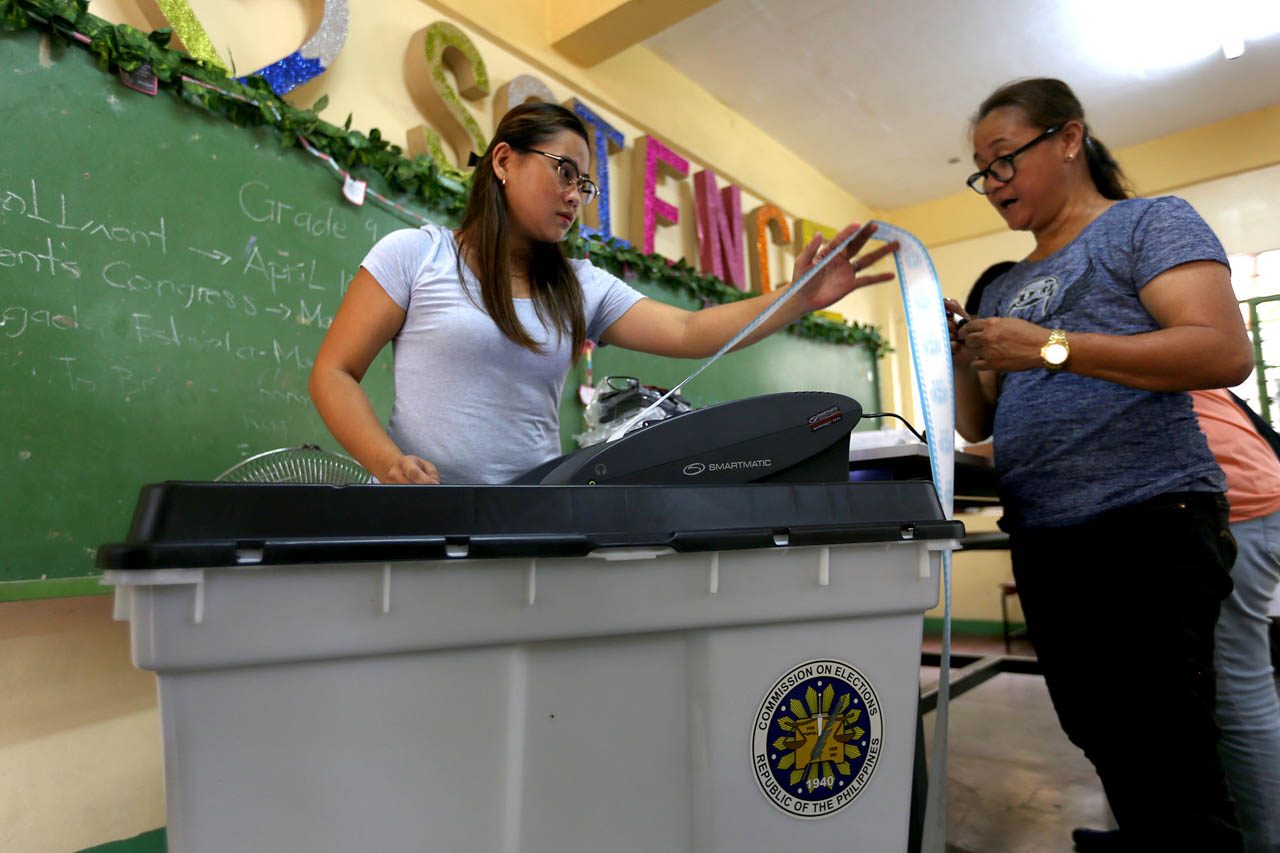
Electoral boards manning polling precincts in 2022 would be able to digitally sign election returns generated by vote-counting machines (VCMs) for the first time, the Commission on Elections (Comelec) said.
In the poll body’s first media briefing for the May 9, 2022 vote, Comelec Commissioner Marlon Casquejo asserted that the change is part of the Comelec’s efforts to make elections more transparent.
Since automated elections began in the Philippines in 2010, the digital signature came from the VCMs, not the teachers who comprise the electoral board.
“This is to make sure what was being transmitted from the VCMs from the voting center are the election returns that will be transmitted also to the canvassing center,” said Casquejo, who heads the steering committee for the 2022 polls, in the media briefing Friday, May 14.

The poll body had been planning to adopt the system in the 2016 and 2019 national polls, but was unable to do so due to the lack of resources.
“We wanted to implement this even in the 2016 and 2019 elections. However, the [Department of Information and Communication Technology] was not yet capable of doing the digital signatures,” he said.
Republic Act No. 9369, also known as Election Automation Law, states that election returns “transmitted electronically and digitally signed shall be considered as official election results and shall be used as the basis for the canvassing of votes and the proclamation of a candidate.”
In the past, election watchdogs and other stakeholders have tried to challenge the Comelec in court as to whether machine-produced signatures were enough.
In 2019, the Supreme Court affirmed that it already “categorically” recognized the poll machines’ capability to produce digital signatures.
“Even before, the Supreme Court has already ruled that the digital signatures created by the machine itself were already sufficient in compliance with the automation law,” Casquejo asserted on Friday.
Push for more transparency
The Comelec added that for the first time, digital copies of voter receipts would be transmitted to the transparency server and canvassing centers for the 2022 elections.
“In the transparency server, the media server and media entities, as well as… any watchdog of the Comelec can do their own quick count, or shall we say, they will be able to conduct an audit using the voter receipt,” Casquejo said.
In past elections, voter receipts were only available in voting centers.
The Comelec’s efforts to boost the public’s confidence on the automated election system followed criticisms the Comelec received in 2019 over reports of machines that rejected ballots, transmission delays, and over-voting.
For the 2022 polls, technology company Smartmatic will remain the Philippines’ election software provider after securing a P402-million ($8.4-million) contract.
The development came despite calls of groups and personalities, including President Rodrigo Duterte himself, to replace Smartmatic due to allegations of election fraud.
The Comelec, which said in 2019 it will study Duterte’s call to replace Smartmatic, defended the move.
“They joined the competitive bidding. It’s beyond our control who would win,” Casquejo said. — Rappler.com
Add a comment
How does this make you feel?






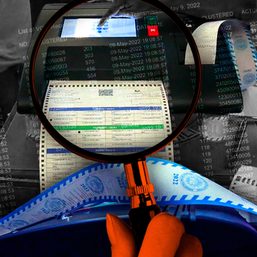
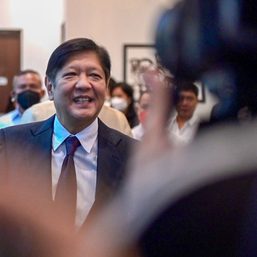
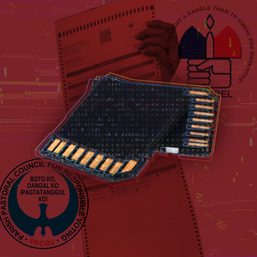



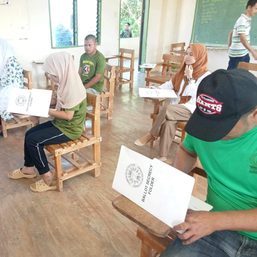

There are no comments yet. Add your comment to start the conversation.